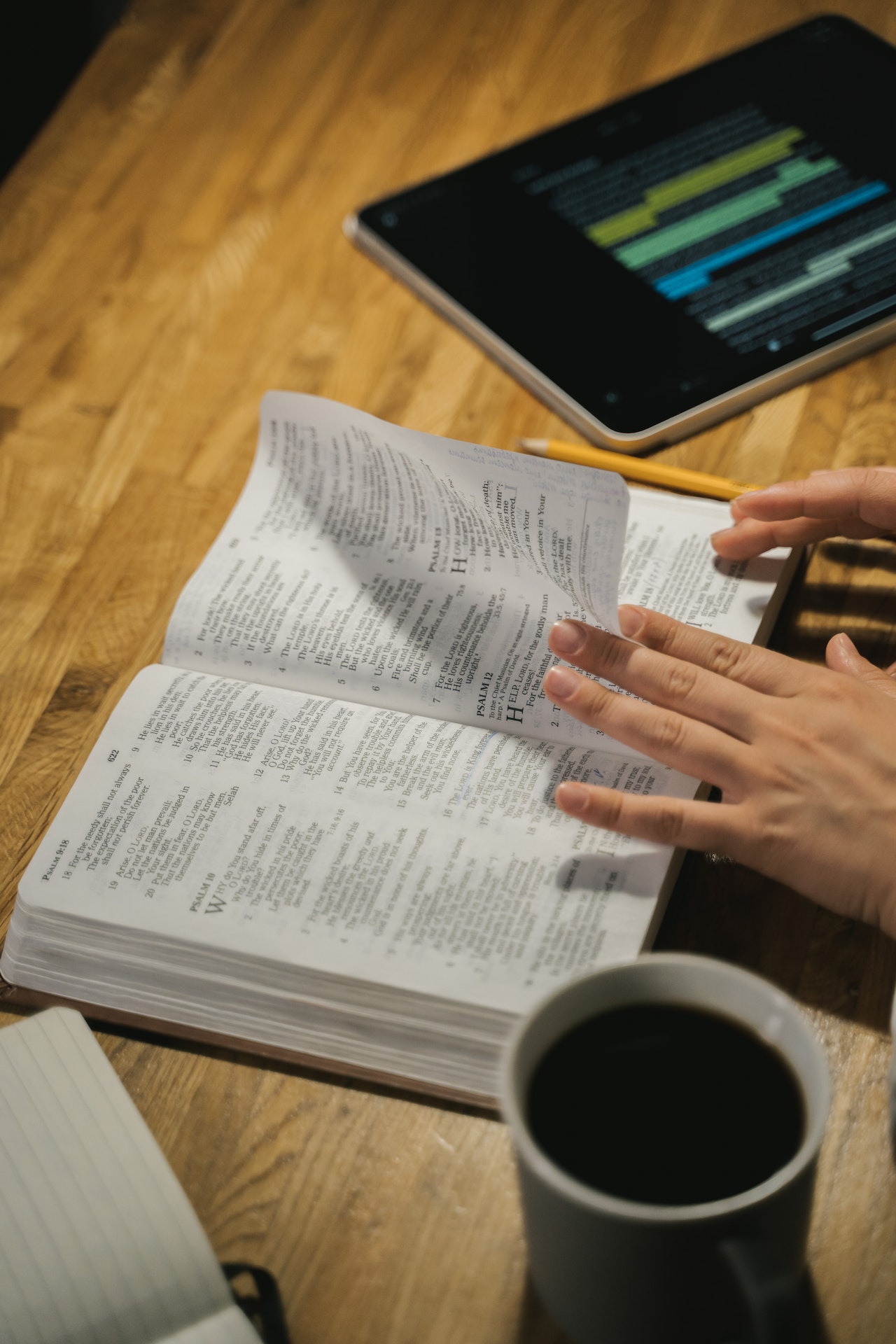Fasting is an important part of the Catholic faith, and it is a practice that has been around for centuries. It is a way to show humility and obedience to God, and it is also a way to spiritually prepare for important events such as Easter and Lent. But how many hours should a Catholic fast? This is a question that many Catholics have, and the answer depends on a few factors. In this article, we will discuss the different types of fasting, the recommended hours of fasting, and the importance of fasting in the Catholic faith.
Table of Contents
Exploring the Different Types of Fasting in Catholicism
Fasting is an important part of the Catholic faith, and there are many different types of fasting that can be practiced. Whether you’re looking to deepen your spiritual practice or just want to learn more about the different types of fasting, this guide will help you understand the different types of fasting in Catholicism.
The most common type of fasting in Catholicism is the Lenten fast. This fast is observed during the 40 days of Lent, which is the period of time leading up to Easter. During this time, Catholics are encouraged to abstain from certain foods and activities, such as meat, dairy, and alcohol. This fast is meant to be a time of reflection and repentance.
Another type of fasting in Catholicism is the Ember Days fast. This fast is observed four times a year, on the Wednesday, Friday, and Saturday after the first Sunday of Lent, Pentecost, and September 14th. During this fast, Catholics are encouraged to abstain from meat and dairy, as well as other activities such as dancing and gambling.
The third type of fasting in Catholicism is the Rogation Days fast. This fast is observed on the Monday, Tuesday, and Wednesday before Ascension Thursday. During this fast, Catholics are encouraged to abstain from meat and dairy, as well as other activities such as dancing and gambling.
Finally, the fourth type of fasting in Catholicism is the Advent fast. This fast is observed during the four weeks leading up to Christmas. During this time, Catholics are encouraged to abstain from certain foods and activities, such as meat, dairy, and alcohol. This fast is meant to be a time of reflection and preparation for the coming of Christ.
Fasting is an important part of the Catholic faith, and there are many different types of fasting that can be practiced. Whether you’re looking to deepen your spiritual practice or just want to learn more about the different types of fasting, this guide will help you understand the different types of fasting in Catholicism.
How to Prepare for a Catholic Fast
Fasting is an important part of the Catholic faith, and it can be a great way to deepen your spiritual practice. Here are some tips to help you prepare for a Catholic fast.
1. Set a Goal: Before you start your fast, decide what you want to accomplish. Are you fasting to deepen your spiritual practice, or to make a specific prayer request? Setting a goal will help you stay focused and motivated throughout your fast.
2. Choose a Length: Catholic fasts can range from one day to several weeks. Choose a length that is manageable for you, and that will help you reach your goal.
3. Talk to Your Doctor: If you have any health concerns, it’s important to talk to your doctor before starting a fast.
4. Stock Up on Supplies: Make sure you have plenty of healthy snacks and meals on hand to help you get through your fast.
5. Pray: Pray for guidance and strength throughout your fast.
Fasting can be a powerful spiritual practice, and with the right preparation, it can be a rewarding experience. Good luck!
The Benefits of Fasting as a Catholic
Fasting is an important part of the Catholic faith, and it can bring many benefits to those who practice it. Here are some of the ways fasting can help you spiritually, emotionally, and physically.
Spiritually, fasting can help you to draw closer to God. It can help you to focus on your relationship with Him and to be more mindful of His presence in your life. Fasting can also help you to develop a greater sense of humility and to be more aware of your need for God’s grace.
Emotionally, fasting can help you to gain a greater sense of control over your emotions. It can help you to become more mindful of your thoughts and feelings, and to be more aware of how they affect your actions. Fasting can also help you to develop a greater sense of self-discipline and to be more mindful of your choices.
Physically, fasting can help you to improve your overall health. It can help to reduce inflammation, improve digestion, and boost your immune system. Fasting can also help to reduce stress and improve your mental clarity.
Overall, fasting can be a great way to deepen your faith and to improve your overall health. It can help you to draw closer to God and to become more mindful of your thoughts and feelings. So, if you’re looking for a way to deepen your faith and to improve your overall health, fasting may be the perfect solution.
How to Balance Fasting with Other Catholic Practices
Fasting is an important part of the Catholic faith, but it can be difficult to balance with other Catholic practices. Here are some tips to help you find the right balance:
1. Start small. If you’re new to fasting, start with shorter fasts and gradually increase the length of time you fast. This will help you get used to the practice and make it easier to balance with other Catholic practices.
2. Make time for prayer. Fasting can be a great way to focus on prayer and spiritual growth. Make sure to set aside time each day for prayer and reflection.
3. Don’t forget the other sacraments. Fasting is important, but don’t forget to make time for the other sacraments, such as confession and communion.
4. Take breaks. Fasting can be physically and emotionally draining, so make sure to take breaks when needed.
5. Talk to your priest. If you’re having trouble balancing fasting with other Catholic practices, talk to your priest. He can provide guidance and support.
By following these tips, you can find the right balance between fasting and other Catholic practices. With a little effort, you can make fasting a meaningful part of your faith.
Conclusion
In conclusion, the amount of time that a Catholic should fast depends on the individual’s age, health, and other factors. Generally, Catholics should fast for at least one hour before receiving Holy Communion, and they should also fast for a minimum of three hours before receiving the Eucharist. Additionally, Catholics should also observe the traditional fasting days of Ash Wednesday and Good Friday. Ultimately, it is up to the individual to decide how long they should fast, as long as it is done in a spirit of reverence and devotion.
For licensing reasons, we must provide the following notice: This content was created in part with the help of an AI.


